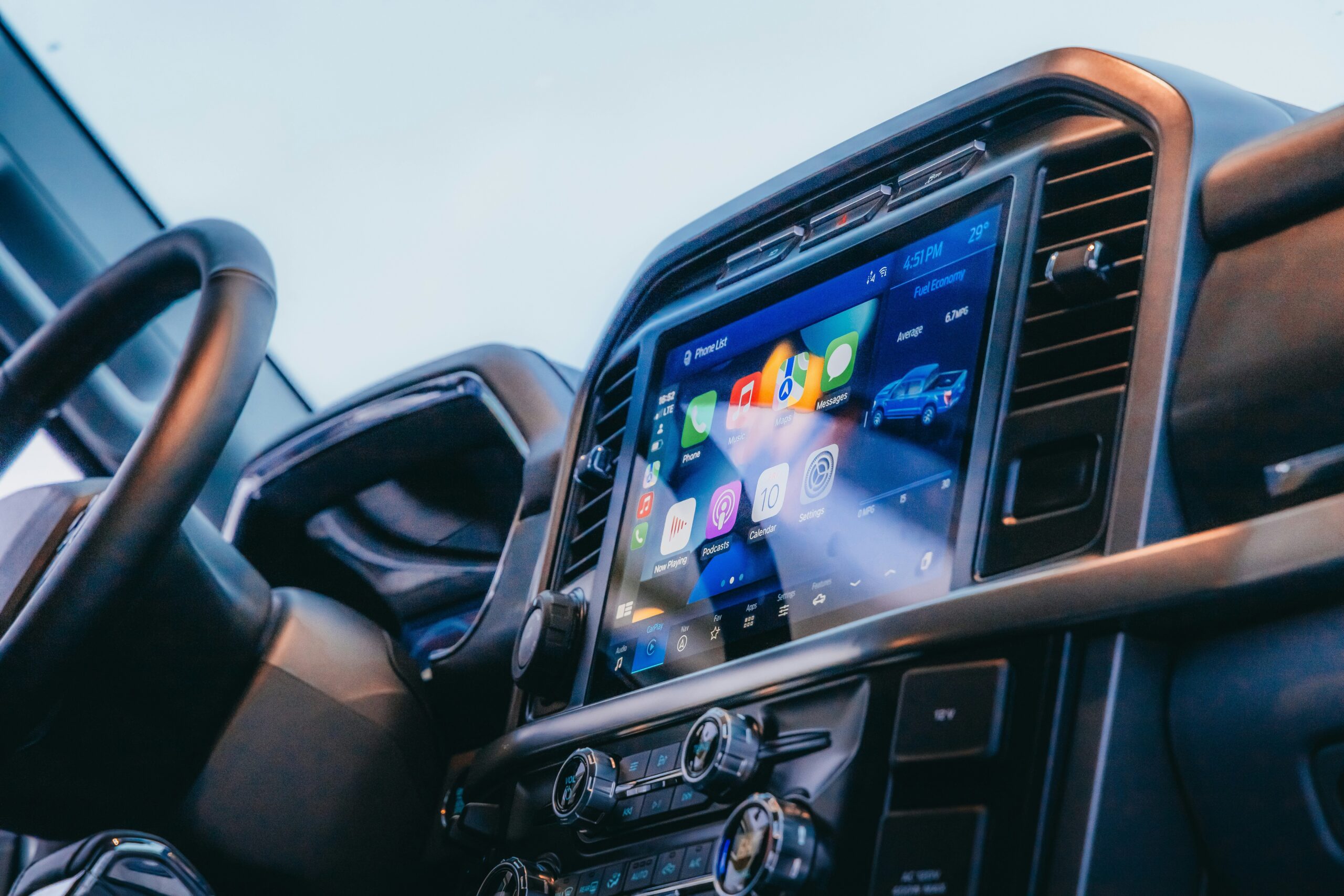A New Channel for Discovery
The next frontier for local discovery is not on screens but on wheels. Autonomous vehicles (AVs) are no longer science fiction, and they are quietly reshaping how consumers find nearby businesses. As cars become fully connected, their onboard AI systems will serve as real-time assistants that interpret intent, understand context, and make instant recommendations.
For SaaS SEO providers supporting multi-location brands, this shift introduces a new layer of optimization: AI-powered local search inside mobility ecosystems.
When users tell their vehicle to “find a coffee shop on my route” or “book a hotel near the next exit,” it is not Google search results that appear. It is structured data and local APIs powering the in-vehicle interface.
From Mobile to Mobility Search
The difference between mobile search and mobility search is context. Smartphones rely on typed or spoken input, while vehicles read data streams in real time. They consider:
- Current location and direction of travel
- Driver preferences and purchase history
- Real-time traffic and availability data
- Safety and parking conditions
This means that the data powering local results inside autonomous vehicles must be machine-readable, updated continuously, and standardized across multiple systems.
For brands with hundreds of physical locations, this creates both a challenge and an opportunity. You need to manage structured business data across multiple endpoints, ensuring it is accessible not only to Google and Apple Maps, but also to the AI systems embedded in vehicles from Tesla, Mercedes, and emerging mobility networks.
The Technical Foundation of AI Local Search in Vehicles
Autonomous vehicles do not browse websites. They consume structured data from APIs, local data exchanges, and verified business databases.
To appear in an AV’s local recommendation system, a business must provide:
- Accurate NAP data (Name, Address, Phone)
- Geo-coordinates and service attributes
- Real-time availability or operational hours
- Category classification and accessibility metadata
- Machine-readable data formats such as JSON-LD or schema.org extensions
That is where Ezoma becomes relevant. Ezoma’s local data exchange transforms this information into AI-readable formats that autonomous systems can understand and trust.
Instead of relying on traditional web indexing, Ezoma publishes structured business data that is directly accessible by AI engines. This allows vehicles, chatbots, and virtual assistants to pull verified information in milliseconds when a user asks for a local suggestion.
Why SaaS SEO Providers Should Prepare Now
SaaS SEO platforms already manage listings across Google, Bing, Yelp, and industry directories. In 2025 and beyond, they must also prepare clients for discovery across AI ecosystems that power cars, voice devices, and conversational search.
By integrating with local data exchange APIs, providers can ensure that every brand location has:
- Verified structured data
- Multilingual attributes for global visibility
- Schema alignment for machine interpretation
- Real-time updates for hours, offers, and inventory
As the automotive industry integrates AI navigation assistants into every model, these structured feeds will determine which coffee shop, gas station, or store is recommended on the route.
The Role of Ezoma in Vehicle-Based AI Discovery
Ezoma optimizes your clients’ business data for AI-driven discovery. It acts as a bridge between the business’s internal information systems and the external AI layer that vehicles depend on.
When you feed Ezoma the standard listing fields (NAP, categories, URLs, descriptions, and hours) it transforms them into formats that LLMs and navigation AIs can read.
This ensures that when an in-vehicle assistant searches for “the nearest Italian restaurant that’s open late,” your client’s listing appears correctly structured, accurate, and ready for recommendation.
For multi-location brands, Ezoma also handles attribute standardization, ensuring consistent data across hundreds or thousands of branches in different languages and markets.
Data Consistency: The Key to Route-Based Discovery
Autonomous vehicles use routing logic to determine the most convenient business suggestions along a given path. If a location’s data is outdated, incorrectly categorized, or missing structured metadata, it will simply be skipped.
That is why data consistency is critical.
SaaS SEO providers must ensure that every data field, from category tags to service hours, is uniform across regions.
Using tools like EZOMA for structured data transformation provides full-spectrum coverage. Ahrefs keeps your domain authoritative and crawlable, while EZOMA ensures your clients are present in AI and mobility systems.
Integrating APIs for Scalable AI Discovery
Technical teams can now integrate EZOMA into their own platforms. This allows SaaS providers to automate updates across locations, synchronize attributes, and monitor visibility within AI-driven channels.
For multi-location clients, this creates a powerful loop:
- Local data is validated once.
- It is pushed to Ezoma’s exchange.
- Ezoma structures and distributes it for AI access.
- Vehicles and assistants surface it when users ask for recommendations.
This integration turns static listings into dynamic, discoverable data.


